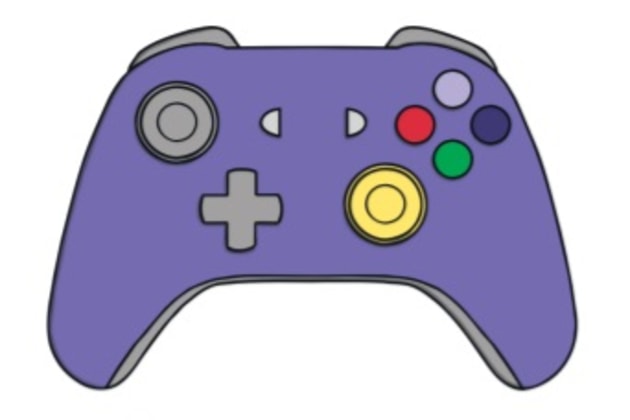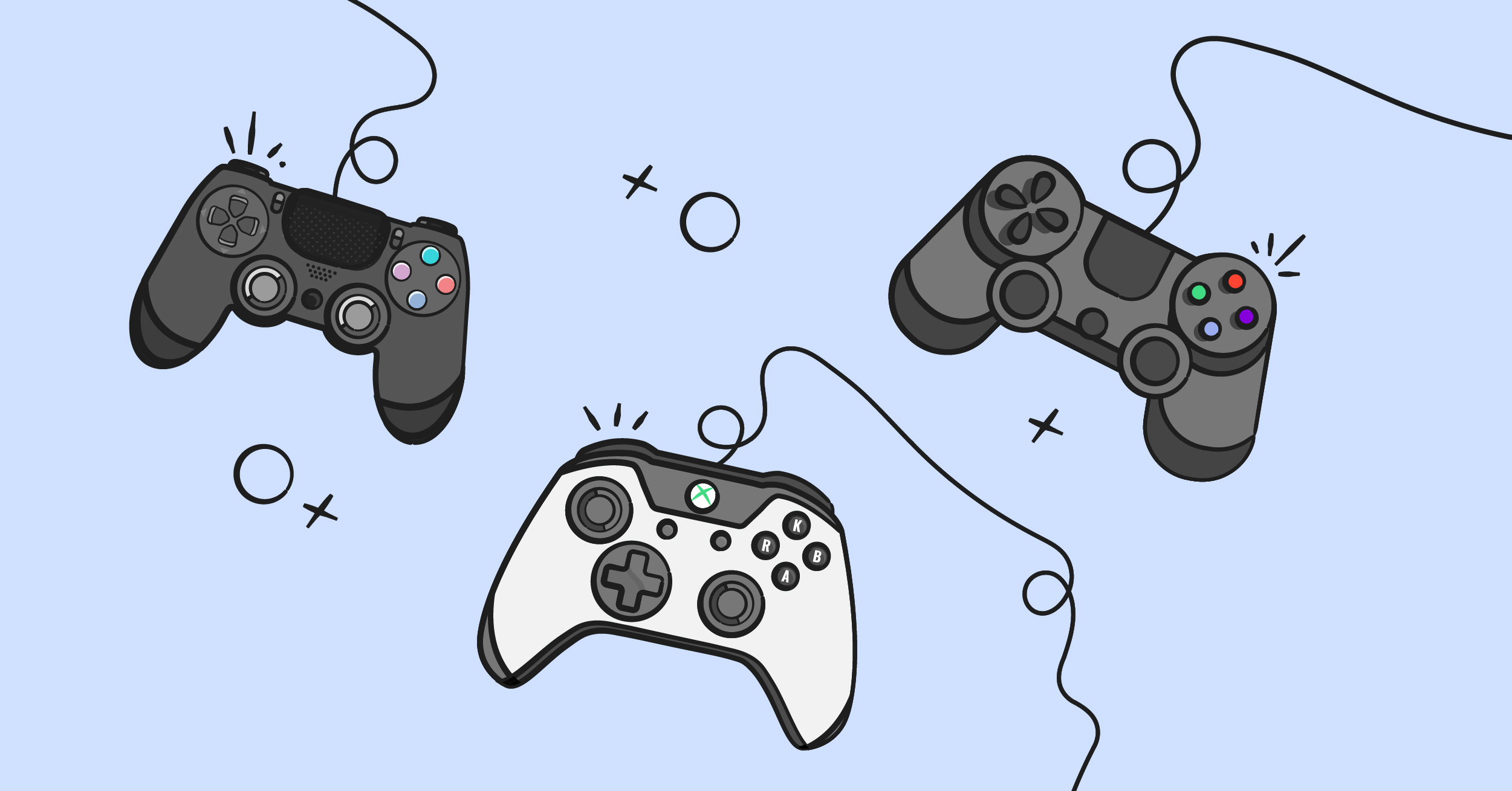How Games Are Revolutionizing Education and Learning
The world of education is undergoing a significant transformation, and games are at the forefront of this revolution. Gone are the days of traditional teaching methods, where students were forced to sit through hours of lectures and memorize facts. Today, educators are embracing game-based learning as a powerful tool to engage students, enhance learning outcomes, and make education more accessible and enjoyable. Games are no longer seen as a distraction, but rather as a valuable resource that can be harnessed to improve learning outcomes and prepare students for success in the 21st century.
Making Learning Fun and Engaging
Games have the power to make learning fun and 온라인 슬롯, which is essential for student motivation and retention. By incorporating game design elements, such as rewards, challenges, and feedback, educators can create learning experiences that are both enjoyable and effective. Games can also provide a sense of accomplishment and pride, as students overcome obstacles and achieve their goals. This can lead to increased confidence and self-esteem, which are essential for academic success. Moreover, games can cater to different learning styles, providing a personalized learning experience that meets the needs of individual students.

Enhancing Cognitive Skills and Knowledge Retention
Games are not only fun, but they also have the power to enhance cognitive skills and knowledge retention. By incorporating games into the learning process, educators can improve student outcomes in areas such as math, science, and language arts. Games can also help students develop essential skills, such as problem-solving, critical thinking, and collaboration. Moreover, games can provide real-time feedback and assessment, allowing educators to track student progress and identify areas where students need extra support. This can lead to more effective teaching and better learning outcomes.
Real-World Applications and Career Development
Games can also provide students with real-world applications and career development opportunities. For example, games can be used to teach programming, coding, and software development skills, which are essential for careers in tech. Games can also be used to teach entrepreneurship, business, and financial literacy skills, which are essential for careers in business and finance. Moreover, games can provide students with opportunities to develop soft skills, such as communication, teamwork, and leadership, which are essential for success in any career. By incorporating games into the learning process, educators can provide students with a more comprehensive education that prepares them for success in the real world.
Accessibility and Inclusivity
Games can also provide accessibility and inclusivity in education, reaching students who may be marginalized or excluded from traditional learning environments. For example, games can be used to teach students with disabilities, providing them with equal access to education and learning opportunities. Games can also be used to teach students from diverse backgrounds, providing them with culturally relevant and responsive learning experiences. Moreover, games can provide students with opportunities to learn at their own pace, anytime and anywhere, which can be especially beneficial for students who may have conflicting schedules or responsibilities.

The Future of Education and Learning
The future of education and learning is bright, and games are likely to play an increasingly important role in shaping this future. As technology continues to evolve, we can expect to see more sophisticated and effective game-based learning platforms, which will provide educators with the tools and resources they need to create engaging and effective learning experiences. We can also expect to see more emphasis on game-based learning in educational policy and research, as educators and policymakers recognize the potential of games to improve learning outcomes and prepare students for success in the 21st century.
Conclusion
In conclusion, games are revolutionizing education and learning, providing educators with a powerful tool to engage students, enhance learning outcomes, and make education more accessible and enjoyable. By incorporating game design elements, such as rewards, challenges, and feedback, educators can create learning experiences that are both fun and effective. As the world of education continues to evolve, it is likely that games will play an increasingly important role in shaping the future of learning and preparing students for success in the 21st century.








